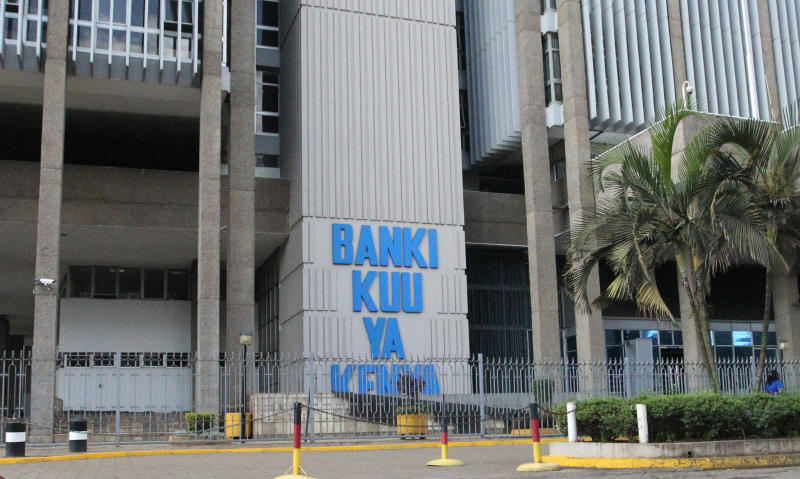×
The Standard e-Paper
Fearless, Trusted News

Central Bank of Kenya (CBK) holds and manages foreign exchange reserves, is charged with the responsiblity for formulating monetary policy to achieve and maintain price stability Feb 6, 2020. [Jonah Onyango, Standard]
A Central Bank of Kenya (CBK) report has exposed how naughty banks engaged in insider lending or breached the capital adequacy ratios.